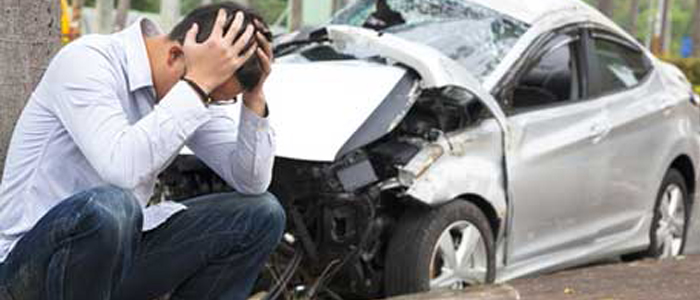The objective of the Faculty Early Career Development (CAREER) program award is to explore mechanisms for predicting freeway vehicle-to-vehicle collisions and specifying the pre and post-collision maneuvers to improve traffic mobility and safety. This research utilizes concepts from the fields of economics, psychology, and engineering to specify performance measures for traffic system evaluation. In order to realize the research objective, the acceleration and lane-changing driving behaviors that lead to freeway vehicle-to-vehicle collisions will be modeled. A stochastic episode-based framework will be adopted where the driving experience is represented by a series of episodes. Within each episode, a driver accelerates/decelerates in order to maximize his/her preferences and this is represented by a subjective utility function. This function captures risky behavior and collisions. Once collisions occur, another function representing vehicle dynamics will be used to capture the vehicular post-collision movements. The resulting model that integrates the driver's preferences along with vehicle dynamics will be calibrated in real-time using data collected through an instrumented vehicle, a 3-D driving simulator, and a virtual laboratory environment. A simulation tool will be developed to test different pre and post-collision maneuvers that potentially lead to safer and more efficient freeway traffic networks.
If successful, the research will help in the development of different passive and active driving assistance systems. The objective of these systems will be to increase driver's responsiveness and to provide a safer driving environment, especially for younger drivers. For this reason, high school and university students in the Greater Washington Metropolitan Area will be involved in the data-collection and educational activities. Traffic safety workshops will be organized. A virtual interactive 3-D environment will be utilized in these workshops while collaborating with local agencies, including the National Children's Museum.
Principal Investigator: Samer H. Hamdar
Sponsor: National Science Foundation
Period: June 2014 – May 2019


